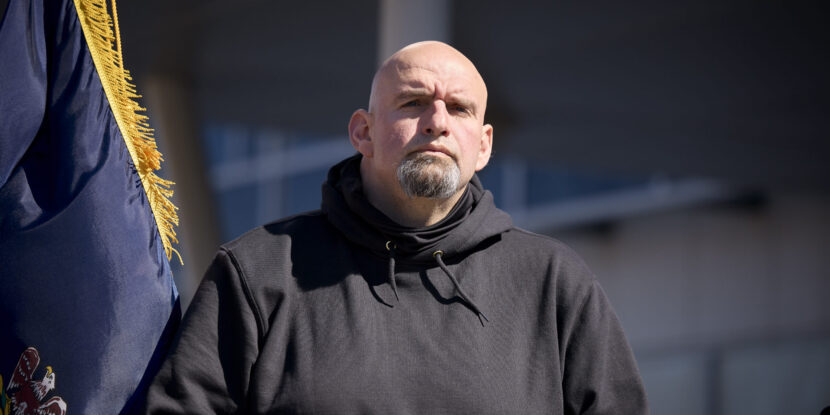❓WHAT HAPPENED: Ten individuals are set to stand trial in Paris for alleged sexist cyber-bullying of Brigitte Macron, French President Emmanuel Macron’s wife, for suggesting she is transgender and making “malicious remarks” about the fact that their relationship began when she was 39 and he was 15.
👤WHO WAS INVOLVED: The defendants include an elected official, a gallery owner, a teacher, and others accused of spreading unsubstantiated claims about Mrs. Macron.
📍WHEN & WHERE: The trial is taking place this week in Paris, and hearings are scheduled for Monday and Tuesday.
💬KEY QUOTE: “It is incredibly upsetting to think that you have to go and subject yourself, to put this type of proof forward,” said the Macrons’ lawyer, Tom Clare.
🎯IMPACT: If convicted, the defendants face up to two years in prison, while the Macrons continue to pursue legal action to defend their reputations.
Ten defendants are on trial in Paris, France, this week, accused of participating in a coordinated campaign of sexist cyber-harassment against Brigitte Macron, the wife of French President Emmanuel Macron. The case centers on allegations that the defendants spread false and malicious rumors that Mrs. Macron is a man, while also making “malicious remarks” about the couple’s 24-year age gap, with their relationship starting when Mrs. Macron was a 39-year-old teacher and her husband was a 15-year-old schoolboy. French prosecutors allege the commentary went beyond criticism and amounted to targeted defamation intended to humiliate and discredit the first lady.
Among the accused are Natacha Rey and Amandine Roy, who previously faced slander convictions for claiming that Mrs Macron never existed and that her brother, Jean-Michel Trogneux, had transitioned to become her. Although they were initially found guilty, a court of appeals later overturned the decision, ruling that their remarks did not legally qualify as defamation. Mrs. Macron is appealing that ruling. If convicted, the defendants in this case could face up to two years in prison.
President Macron claims that taking legal action is not just a personal response but a matter of principle. He described the attacks as part of a broader campaign to harm his wife and destabilize public trust, saying the falsehoods were spread “with the aim of causing harm, in the service of an ideology and with established connections to far-right leaders.”
The Paris trial comes amid growing debate in Europe about how far governments should go in regulating online speech. Countries such as Germany have stepped up enforcement of digital conduct laws, including investigations into online hate speech and insults, which are outlawed in the country. Germany’s Network Enforcement Act, known as NetzDG, requires large social-media platforms to remove “clearly illegal” content within 24 hours or face fines of up to 50 million euros. European officials argue these measures are necessary to combat harassment and misinformation, but critics warn they erase free expression.
The European Union’s broader Digital Services Act has further tightened requirements for major platforms to police so-called “harmful content.”
Join Pulse+ to comment below, and receive exclusive e-mail analyses.



















